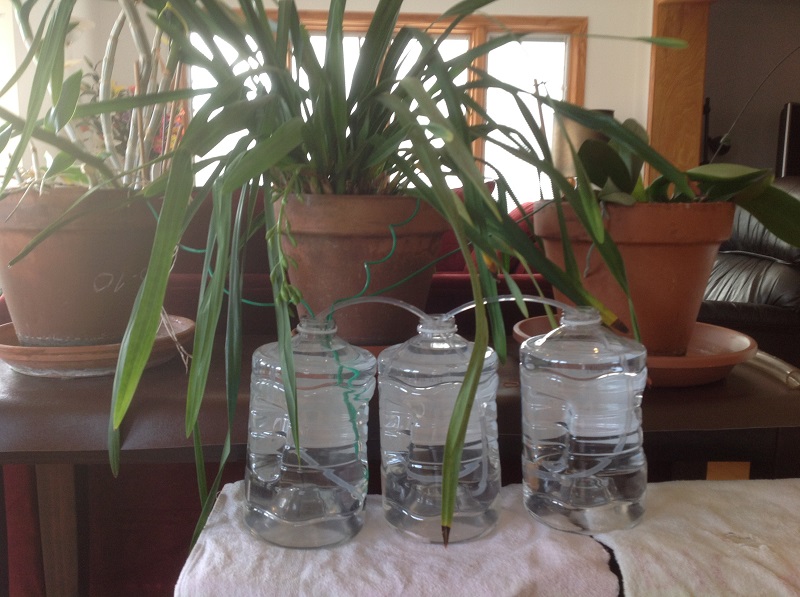Caring for Indoor Plants While on Vacation

Homeowners also need a break from time to time. But sometimes, these breaks can take a long time to be enjoyed, leaving your home unattended for a few days or weeks on end. Home security is relatively easy to manage, and pets can be left with friends or family to pet-sit. But how about your indoor plants? Many will find this difficult to work with, especially those who own many kinds of plants inside their homes.
Even if some plants can survive a long time without water, some other plants still need special care for them to thrive and grow, something you cannot provide when away for your vacation. To help you in this task, here are some practical tips to ease your worries about your houseplants and let you enjoy your holidays away from home.
Assess how long you will be gone
The first step is to make sure of your vacation plans and know how long you will be gone. One, two, three days might be okay for most plants. They can be left completely unattended without any special setup. You might come home to some thirsty plants, but that is nothing to worry about.
But if you plan to be away for five or more days to a week, your best option is to find someone to take care of these indoor plants for you, just like how you would with a pet. This will ensure that your plants get enough water, sunlight, humidity, and all their other special requirements while you are away. Just make sure to leave well-written instructions to your chosen plant-sitter so that they can provide the best care possible.
Try low-maintenance plants
If you have been in this situation many times before where you come home to withered plants from vacation, you should try caring for low-maintenance plants. Some of the most popular ones are succulents, aloe vera, spider plants, and snake plants.
These are very sturdy kinds that do not need much care and effort from you, so they can survive longer even when you are not home. A preserved moss supplier can also offer mosses that complement these plants while still keeping up without much upkeep.
Mind the sunlight
Sunlight, although good for your plants, can be destructive if too much is absorbed by your plants. Even if many of your plants thrive in the sun, they should still have some time in the shade to take a break from the heat.
For these, try to keep them in a relatively bright space but not in the direct sunlight to prevent them from being roasted under the sun. But for your other plants that love the shade, don’t forget to take them away from windows where light can start destroying them.
Keep the humidity
Humidity is also important for some indoor plants. Typically, you’d keep them nice and moist with a plant mister or a humidifier, but when you are away for vacation, you are better off with putting them close together in your bathroom.
This is usually the most humid place in the home, so they might survive there longer. They will adapt to the environment and create their own working humidity system. But make sure that your bathroom has a window because they’d surely die out if the space is enclosed.
Think of watering techniques
Probably the most worrying is how your plants will get watered while unattended. Depending on the kind of plants you have, different watering techniques may be employed. The most popular ways are the water wicking system and the drip system, both of which you can DIY for a simple yet cost-effective way to keep your plants watered.
But research has to be done before employing these techniques as some plants will die more easily from getting overwatered. Find out the main needs of your plant before using any watering device to keep them alive while you are out of the home.
With these tips, you should avoid having dead plants when you arrive home from your vacation. But these only apply to your indoor plants. Your outdoor garden may need a different treatment with more steps to keep the plants alive and well when you are away.
But generally, all of these preparations can still apply if you can move the potted plants in your garden. The approach might vary because plant needs depend on the temperature. Again, your best bet would be having someone to look after your plants so that they get the best care possible even when you are not available to tend to them all the time.